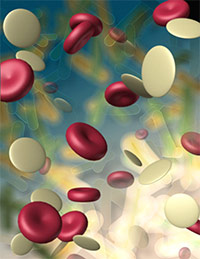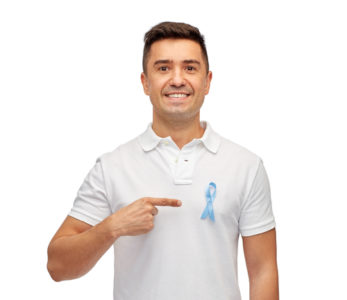
For decades, Issels® has been a leader in non-toxic immunotherapy for cancer treatments. The dendritic cell vaccine is one of the most potent weapons in our cancer-fighting arsenal, succeeding in many late-stage patients for whom other treatments had failed.
The Power of Dendritic Cells
Immunotherapy for cancer focuses on boosting the power of the body’s own immune system to fight tumors. Dendritic cells are part of the immune system, serving as advance sentries that recognize the presence of foreign antigens.
Once the dendritic cells process the antigens, they are presented to T cells, another part of the immune system. T cells are effectors that provide a response to stimulus such as bacteria, viruses and other invaders.
Individually, dendritic cells are extremely potent, but the problem is that they’re not usually present in large enough quantities. Dendritic cell vaccines are an effective method of increasing their numbers.
Issels® and the Dendritic Cell Vaccine
In a process called extracorporeal photophoresis, a patient’s blood passes through an ultraviolet light chamber, which provides an immune boosting effect. White blood cells are harvested and cultured into active dendritic cells, then re-injected into the body to trigger an immune response.
Traditional cancer treatments often have side effects because they attack healthy cells along with tumor cells. Dendritic cells can distinguish normal dying cells from cancer cells so the immune system refrains from attacking them.
Personalized Immunotherapy for Cancer at Issels®
Dendritic cell vaccines are only one of the innovative treatments we use for patients with all forms of cancer. Contact us to read and hear testimonials from our many patients who have successfully achieved long-term remission.




